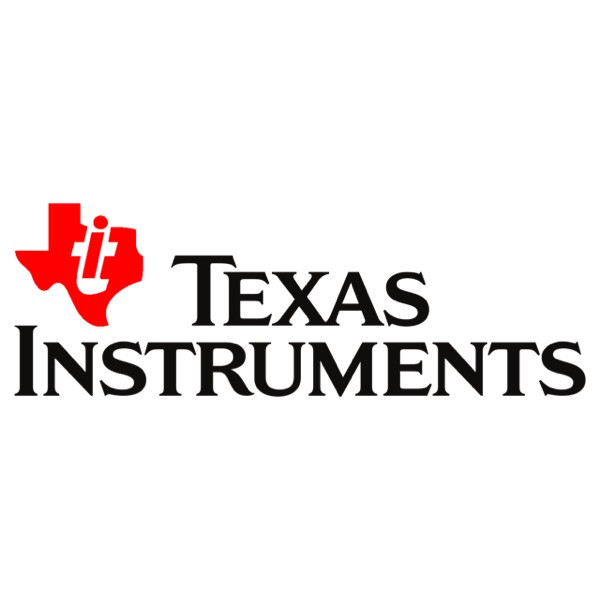Synchronous step-down converter aids input surge protection design
25-06-2020 | Texas Instruments | Power
Texas Instruments LM61440/LM61440-Q1 Low-Noise Synchronous Step-Down Converter is a high-performance, DC-DC synchronous step-down converter. Providing integrated high-side and low-side MOSFETs, with up to 4A of output current is produced over a wide input range of 3V to 36V, tolerant of 42V, aiding input surge protection design. The device performs soft recovery from dropout, excluding overshoot on the output. The converter is specially created for minimal EMI. The device includes an adjustable SW node rise time, low-EMI VQFN-HR package offering low switch node ringing, and optimised pinout for ease of use. The switching frequency can be set or synchronised within 200kHz and 2.2MHz to avoid noise-sensitive frequency bands. Also, the frequency can be chosen for improved efficiency at a low operating frequency or smaller solution size at a high operating frequency.
Auto-mode allows frequency foldback when working at light loads, enabling an unloaded current consumption of only 7µA (typical) and high light-load efficiency. Seamless transition between PWM and PFM modes, as well as with very low MOSFET ON resistances and an external bias input, assures excellent efficiency over the whole load range. Electrical characteristics are specified over a junction temperature range of –40C to +150C. The devices are AEC-Q100 qualified for automotive applications.
Typical applications include USB Type-C, industrial robot CPU board, industrial PC single-board computer, and test and measurement instrumentation.
By Natasha Shek

LM61440AANRJRR

